Posted on 8/29/2025
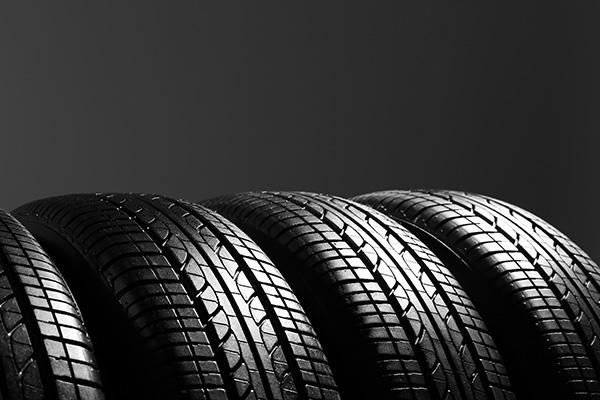
All-wheel-drive (AWD) systems are designed to distribute power to all four wheels, which enhances traction, handling, and safety in various driving conditions. While this makes them ideal for rainy days, snowy roads, and even light off-road use, it also means the tires must work together in harmony. Unlike two-wheel-drive vehicles, where the front or rear tires handle most of the power, AWD systems distribute torque evenly or as needed. If one tire is different in size, tread depth, or wear, it can create mechanical stress throughout the drivetrain. What Happens If You Replace Only One or Two TiresIt may be tempting to replace only the tires that look worn, especially when you’re trying to save money. However, on an AWD vehicle, even small differences in tire size can cause problems. A new tire typically has deeper tread than older ones, which makes its roll ... read more
Posted on 7/29/2025
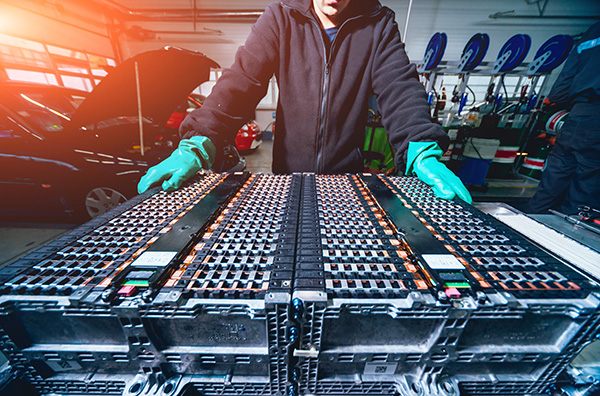
As hybrid vehicles become more popular, many drivers wonder how long their hybrid battery will really last. After all, the battery pack is one of the most important and expensive components in any hybrid system. While hybrid batteries are built to be durable, like all parts, they have a lifespan. If you're driving a hybrid or considering purchasing one, it's helpful to understand how these batteries work, how long you can expect them to last, and what signs indicate that replacement may be on the horizon. What Is a Hybrid Battery A hybrid battery is not the same as the 12-volt battery that powers your lights, stereo, and starter. It’s a high-voltage battery pack that stores energy for the electric motor portion of the hybrid drivetrain. In most vehicles, this battery works alongside a gasoline engine to improve fuel economy and reduce emissions. Hybrid batteries are designed to charge and discharge repeatedly, using regenerative braking to recover ene ... read more
Posted on 6/27/2025
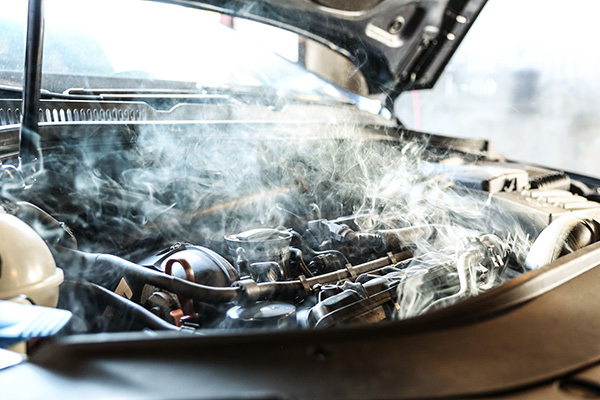
The cooling system in your car is responsible for maintaining a safe operating temperature of your engine, especially during hot days or heavy driving conditions. Without it, the heat generated by the engine would quickly lead to damage or failure. Despite its importance, many drivers overlook this system until something goes wrong, such as a temperature warning light, steam under the hood, or an engine that simply refuses to start. Understanding how your cooling system works and what can go wrong helps you stay ahead of costly repairs and avoid breakdowns in the middle of traffic or on a summer road trip. What Makes Up the Cooling System Your vehicle’s cooling system is a network of components that work together to regulate temperature. The radiator, thermostat, water pump, coolant hoses, and the coolant itself all have distinct jobs. Coolant (also called antifreeze) circulates through the engine to absorb heat and then flows through the radiator, where it co ... read more
Posted on 5/30/2025
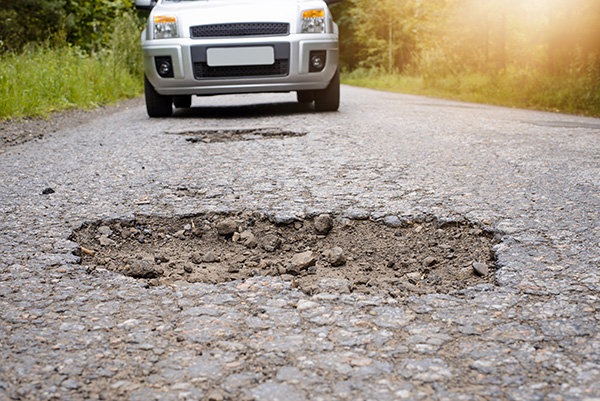
Potholes are more than just a nuisance. Hitting a big one can throw off your car’s alignment, damage your tires or wheels, and even bend suspension components. Unfortunately, most drivers don’t see it coming until it’s too late. If you’ve recently hit a large pothole, there are a few steps you should take right away to protect your vehicle and avoid further damage. While some pothole impacts cause immediate flat tires or bent rims, others do more subtle damage that shows up days or weeks later. That’s why it’s important to know what signs to look for and how to respond after the hit. Step One: Check for Obvious Damage After hitting a pothole, pull over to a safe location and do a quick inspection. Start with your tires. Look for bulges in the sidewall, low pressure, or visible cuts. A sudden jolt can also crack or bend wheels, especially if they’re aluminum or aftermarket. If your tire looks fine but the car is pulling to o ... read more
Posted on 4/28/2025
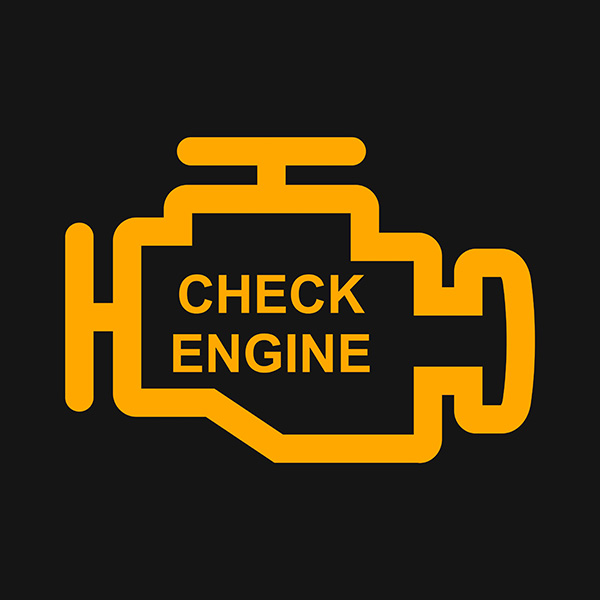
Seeing the check engine light pop on can be stressful—especially when everything seems to be working fine. Is it just a loose gas cap, or something more serious? The truth is, your check engine light can mean many different things. Some are minor, while others could lead to long-term engine damage or unsafe driving conditions if ignored. So, should you be worried? That depends. Here’s how to better understand your check engine light and what to do next. What the Check Engine Light Really Means The check engine light is part of your car’s onboard diagnostics system. When it detects something unusual in the engine, emissions, or drivetrain systems, it turns on to alert you. This doesn’t always mean something is critically wrong, but it does mean the system has identified a problem worth checking out. Some issues trigger a steady light, while others—especially those that require immediate attention—may cause it to flash. St ... read more